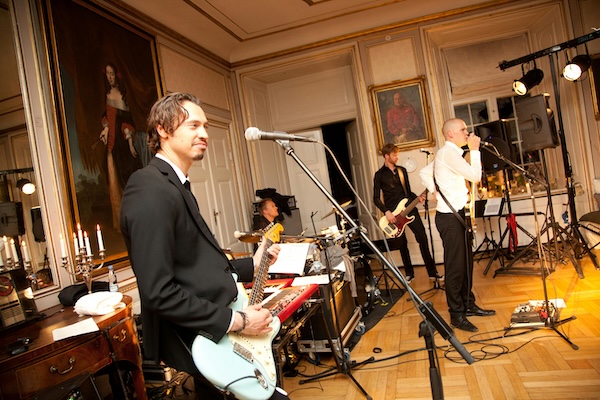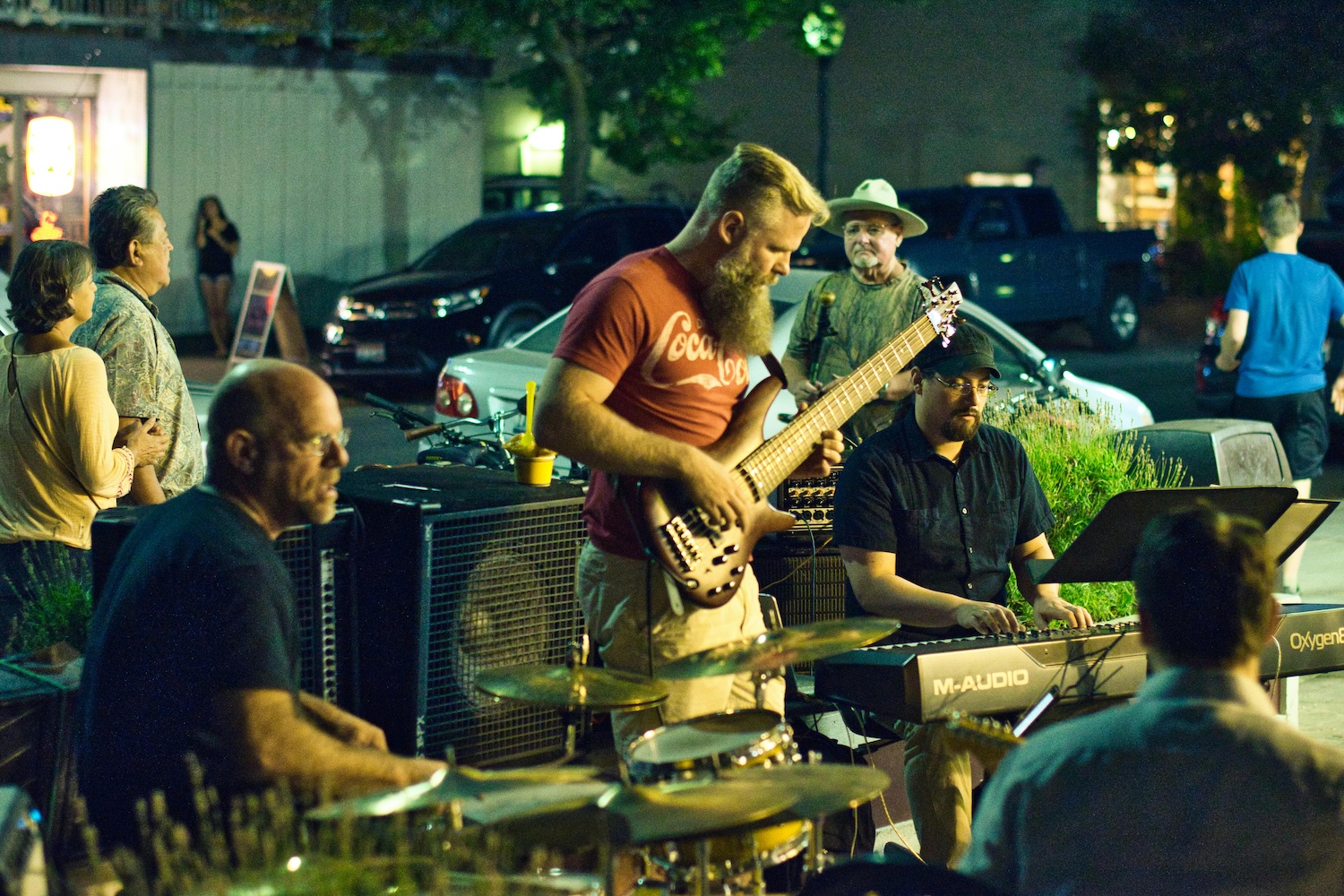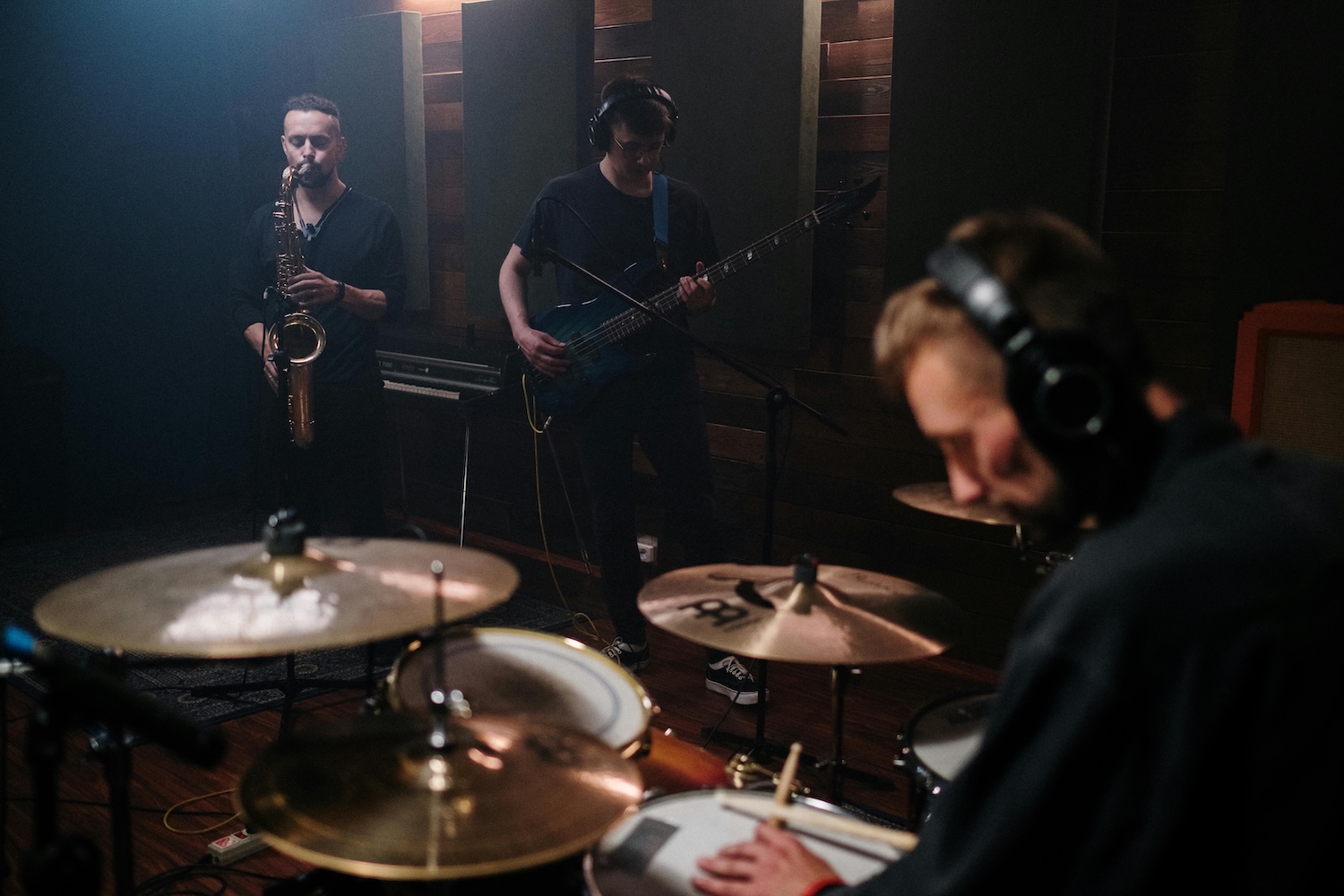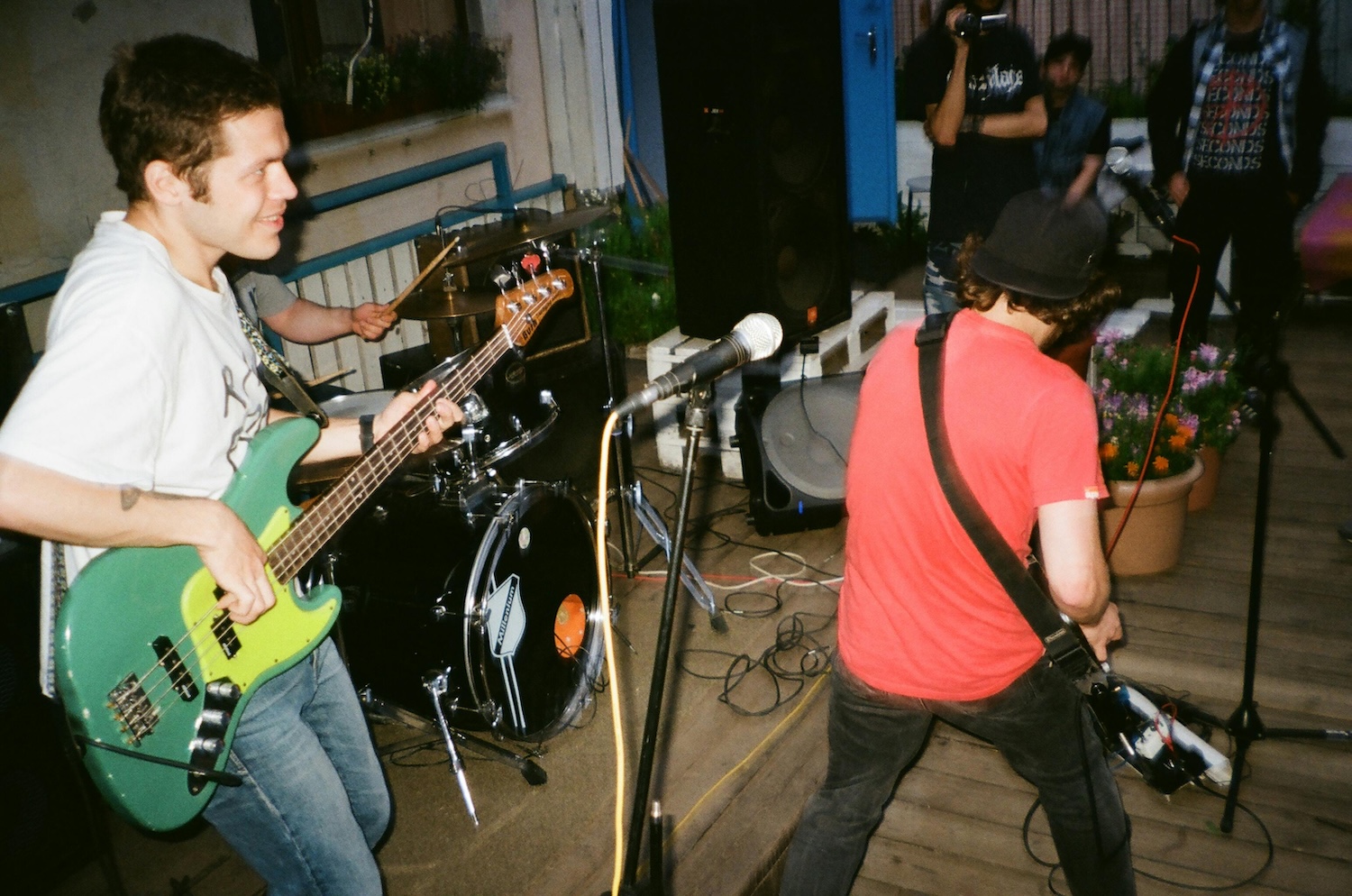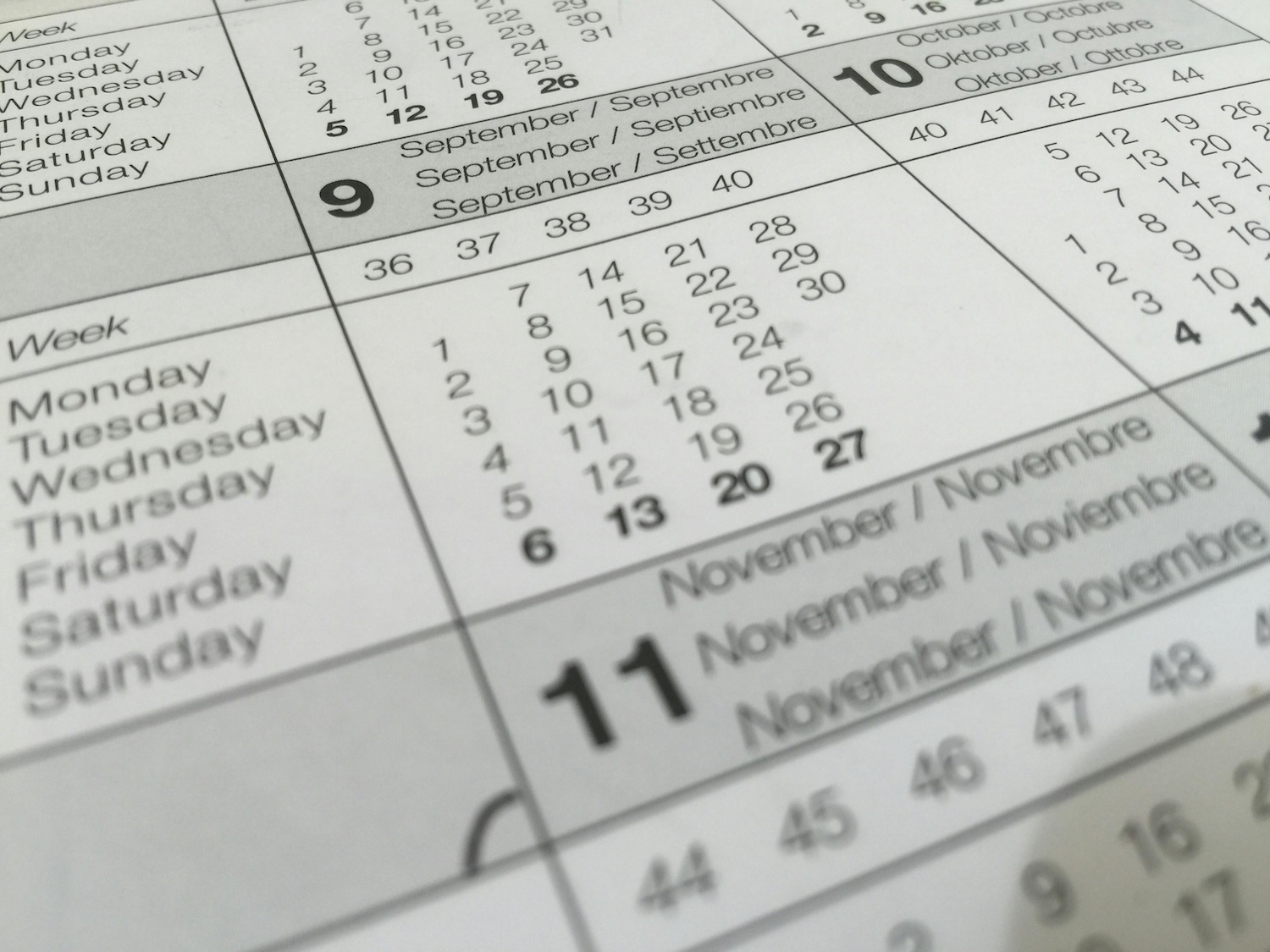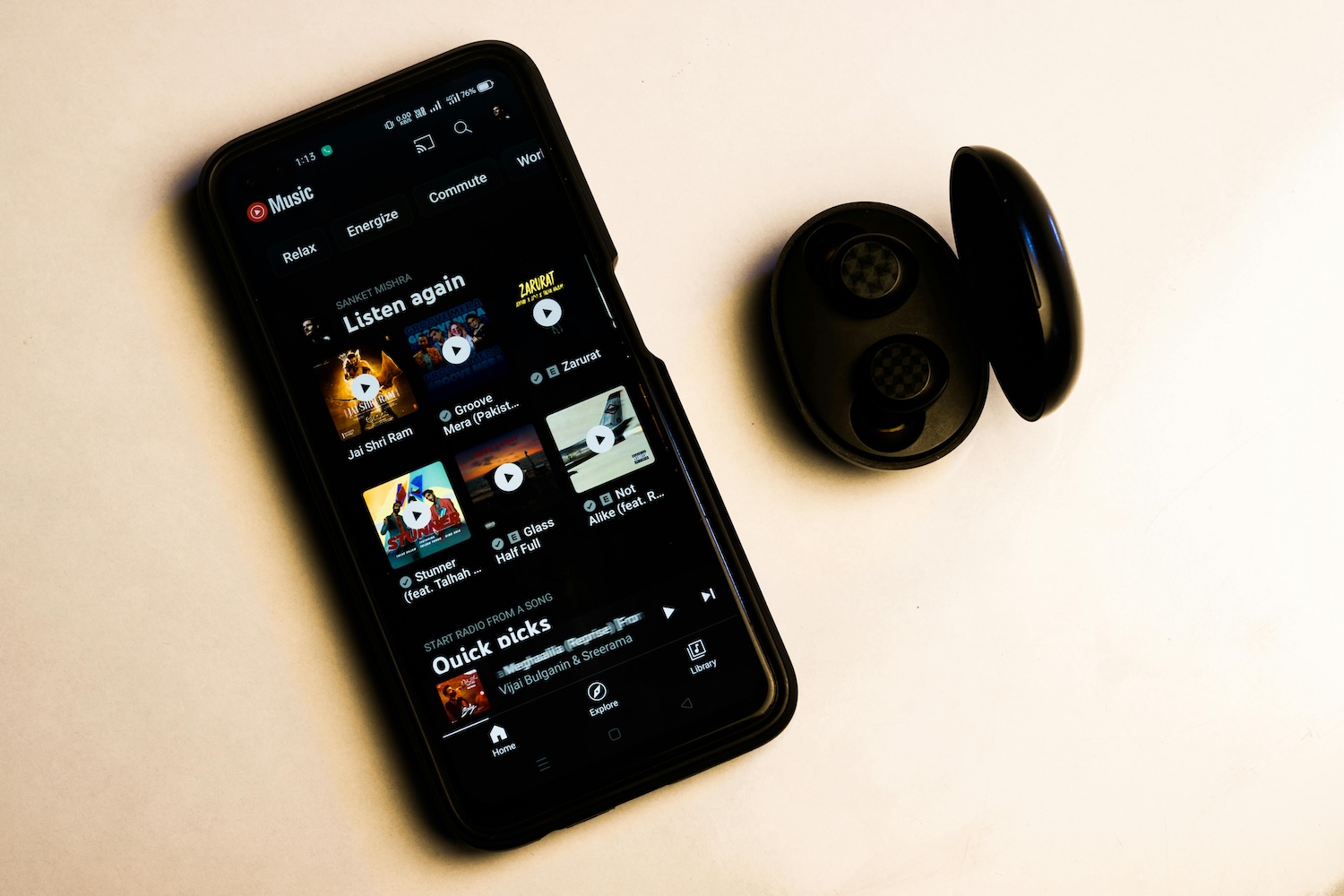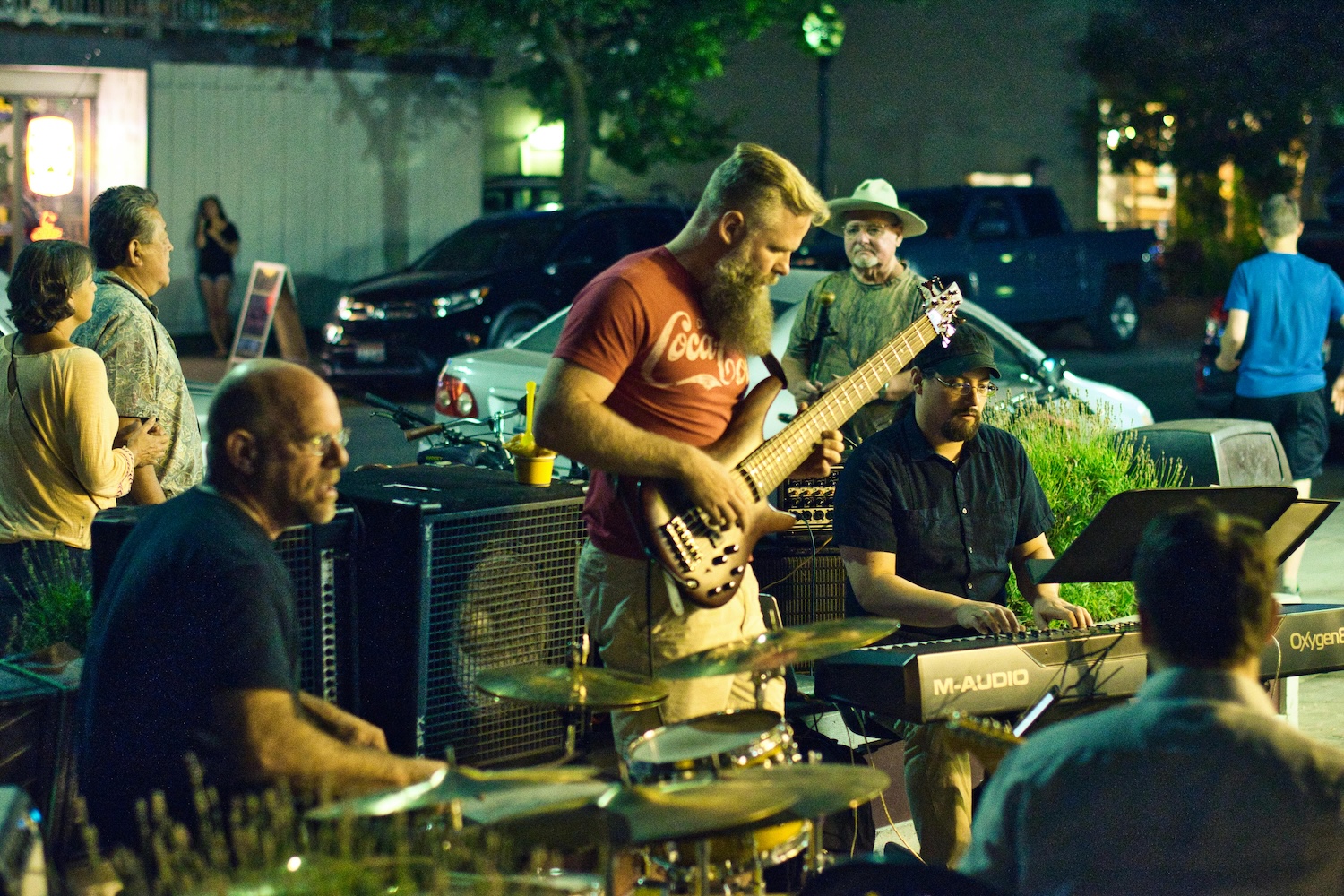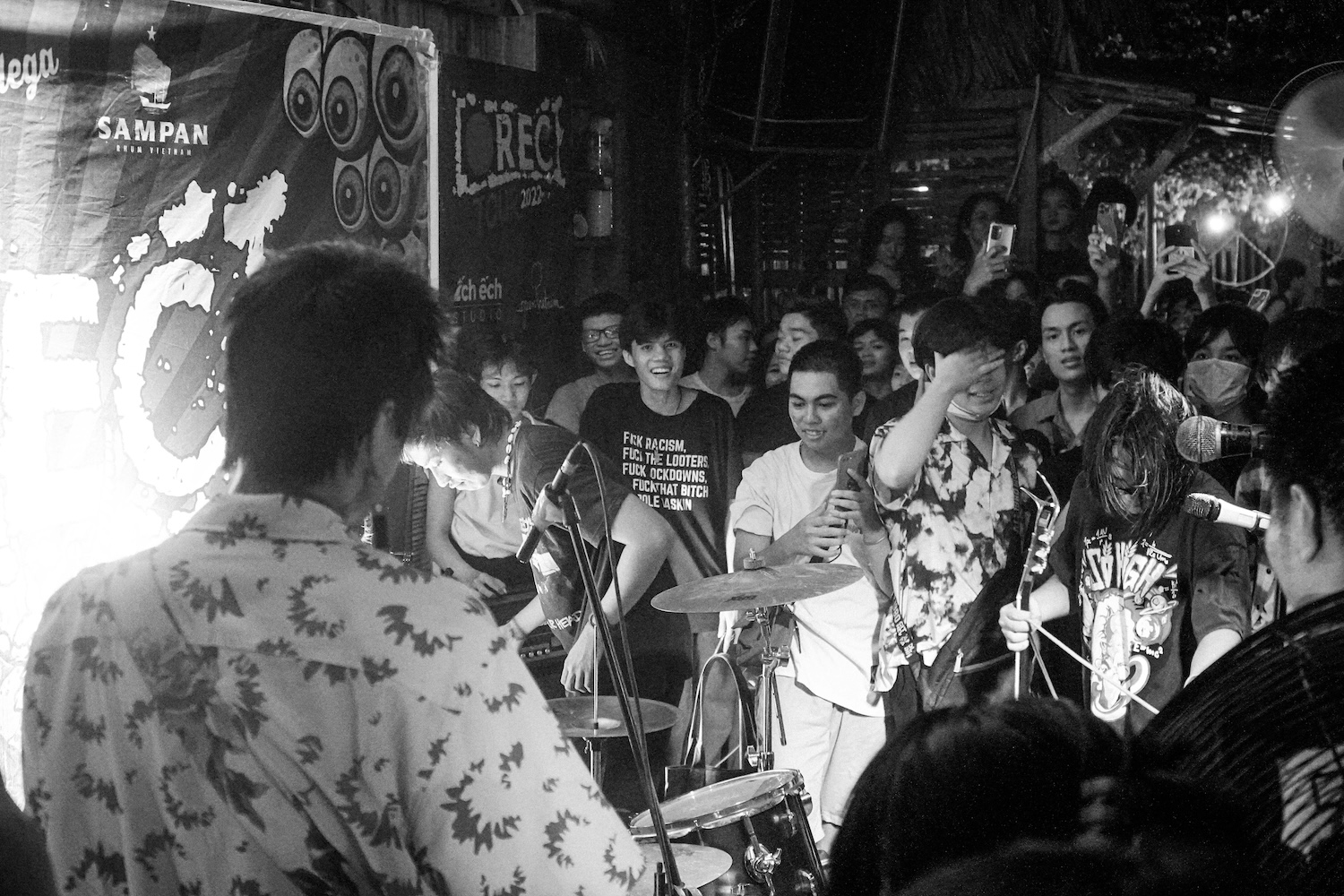5 Mistakes You’re (Probably) Making in the Rehearsal Room – and How to Fix Them
Practical tips for better rehearsals – without the blame game
If you're a musician, you've probably experienced this: a rehearsal starts out with high hopes, but ends in chaos, distraction, and maybe an argument about who forgot the power supply.
The rehearsal room can be a magical place – but it takes more than good gear and cheap soda to make it work.
Here are five classic rehearsal mistakes most musicians make (yes, we’ve made them too). More importantly: here’s how to fix them.
1. No goals – and no plan
“We’ll just jam and see what happens” might sound laid-back and creative. But more often, it leads to confusion and wasted time.
How to fix it:
Start each rehearsal with a shared goal. Are you writing? Tightening the setlist? Recording demos?
Create a simple mini-agenda (just 2–3 points) and try to stick to it. That way, everyone knows the focus – and you’ll leave the room feeling accomplished.
2. Playing too much – listening too little
It’s easy to fall into the trap of endless jamming. But without reflection, you’re likely repeating the same mistakes.
How to fix it:
Rehearse intentionally. Play through a song once, then stop and talk:
What worked? What felt off?
You can also record takes on your phone and listen back together.
3. Wasting 30 minutes figuring out who forgot what
“Who brought the power cable?” “Where’s the hi-hat clutch?” “Does anyone have a spare tuner?”
How to fix it:
Make a gear checklist and run through it before every rehearsal. Who brings what?
You can also keep a shared note in your Beatnickel band profile with your standard setup. It saves time and avoids arguments.
4. Ignoring each other's signals
Trying to give feedback while the drummer is still in full blast mode rarely works.
How to fix it:
Agree on a couple of non-verbal cues – like a hand in the air to stop, or a head nod to keep going.
It may sound silly, but it works – especially with loud amps or in-ear monitors.
5. Ending without a quick check-in
“Great rehearsal! See you!” But what did you actually get done?
How to fix it:
Take five minutes at the end to evaluate:
- What went well?
- What do we need to work on next time?
- Any reminders or prep for the next rehearsal?
Bonus: Shift your mindset from “playing together” to “growing together”
A great rehearsal room isn’t just a place to play – it’s a place to grow.
As a band. As musicians. As people.
By tweaking a few simple habits, your rehearsal time becomes not just more productive – but more rewarding and fun.







